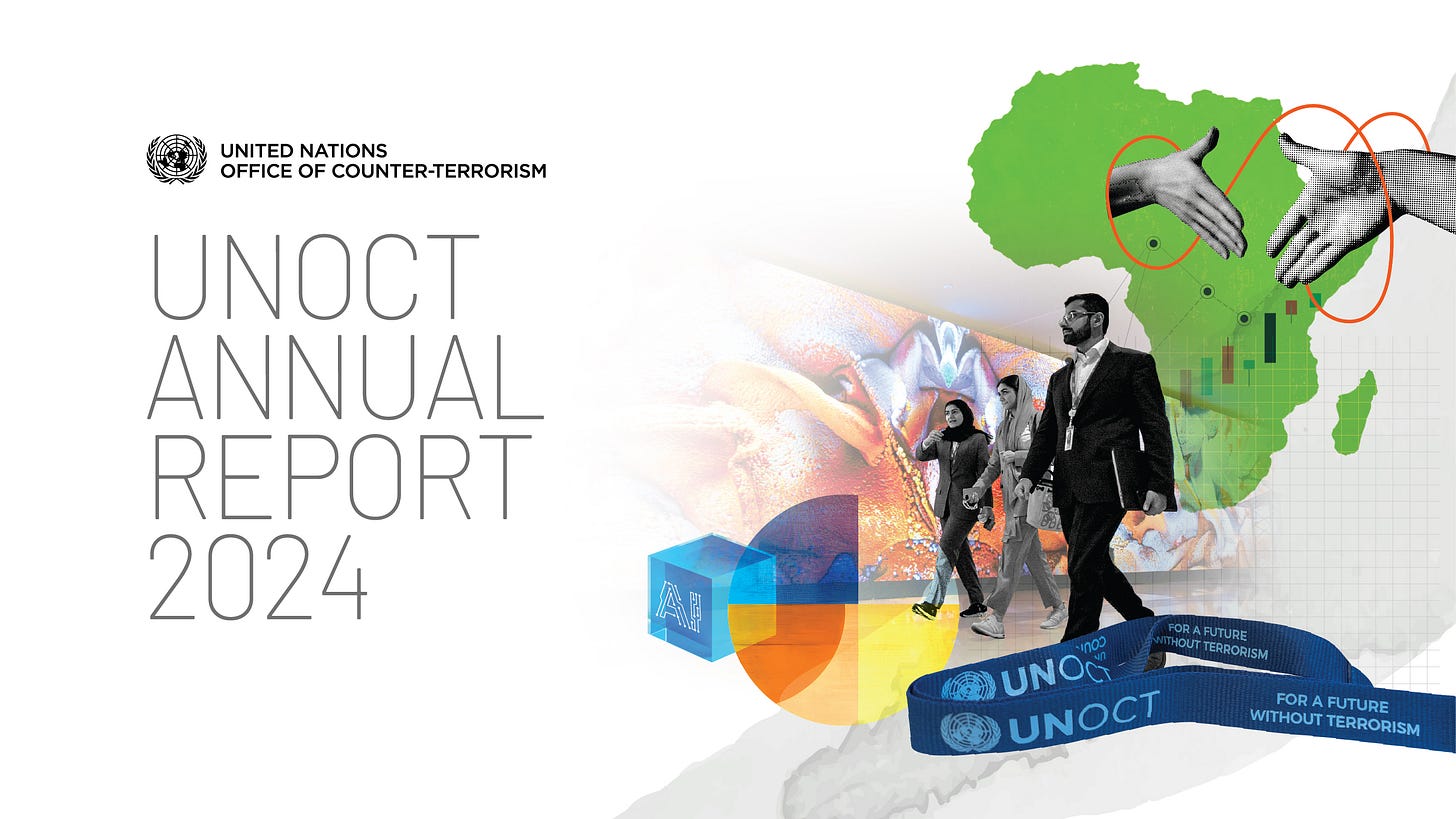UN Counter-Terror Office's Annual Report Omits Mention of Iran-Backed Groups
The UN Office of Counter-Terrorism's latest annual report omits any mention of Hamas, Hezbollah, Islamic Jihad, and the Houthis. The office has faced increasing scrutiny over its funding from Qatar

The United Nations Office of Counter-Terrorism (UNOCT) is facing mounting criticism following the release of its latest annual report, which, according to experts and watchdogs, raises fundamental questions about the office’s independence and effectiveness. At the center of the controversy is the UNOCT’s overwhelming reliance on Qatar for funding—a nation repeatedly accused of enabling and financing extremist groups.
The report’s omissions, apparent selective focus, and diplomatic entanglements have fueled concerns that the UN’s counter-terrorism agenda is being quietly steered by one of the world’s most controversial state actors.
Qatar: Funders and Facilitators
Qatar’s position as the UNOCT’s primary funder raises significant questions about potential conflicts of interest and the integrity of the office’s mission. Widely cited as a leading state sponsor of terrorism, Qatar has provided over $1.8 billion to Hamas since 2012, offered sanctuary to its leaders, and supplied financial support to groups such as al-Nusra Front, al-Qaeda, the Muslim Brotherhood and the Taliban.
At the same time, Doha has contributed $141.2 million to the UN counter-terrorism office between 2009 and 2025, making it the largest single financial supporter of the initiative. This dual role—supporting both counter-terrorism efforts and entities designated as terrorist organizations by the U.S. and others—has prompted concerns among analysts and policymakers about the potential for undue influence on UNOCT priorities.

During a recent meeting, Qatar’s Foreign Ministry Spokesperson emphasized the “strategic partnership” between Qatar and the UNOCT and “the importance that the State of Qatar attaches to the functions of the office,” highlighting what he called Qatar’s efforts in combating terrorism. This public endorsement comes despite overwhelming evidence of Qatar’s financial support for groups like Hamas and Iran’s ongoing backing of proxies such as Hezbollah and the Houthis.
The willingness of the UN counterterror apparatus to engage with Iran—described by the U.S. government as “the world’s leading state sponsor of terrorism”— has previously fueled concern over the UN body. For example, in 2011, Muhammad Rafiuddin Shah, then the officer-in-charge of the UN’s Counter-Terrorism Implementation Task Force, attended and spoke at a counterterror conference in Tehran, Iran’s capitol. Shah currently serves as the Chief of the Policy, Knowledge Management and Coordination Branch at the UNOCT.
Silence on Terrorist Groups and Radical Islam
Notably, the report does not name any terrorist organization—including U.S. or UN-designated groups like ISIS, al-Qaeda, or Hamas.
An additional omission that has drawn attention is the absence of terms like "Islamic" or "Islam," despite religious motivations of radical Islamists driving 79% of global terrorist attacks between 1979 and 2024, according to data from the Fondation pour l’innovation politique, a prominent French think tank.

The report’s geographic focus also suggests an attempt to redirect attention from the Middle East. Africa is cited as the new “epicenter” of terrorism, with the continent mentioned 67 times, while the Middle East—a region long recognized as a hotbed of extremist activity—appears only twice. The only reference to a Middle Eastern country in relation to terrorism is Syria.
This Africa-centric approach contrasts with security analyses that emphasize ongoing threats from Middle Eastern terrorist organizations, several of which have documented ties to Qatari funding networks. The report’s failure to address the ongoing reality of radical Islamist terrorism, and its avoidance of the region most closely associated with it, raises questions about whose interests are being served.


